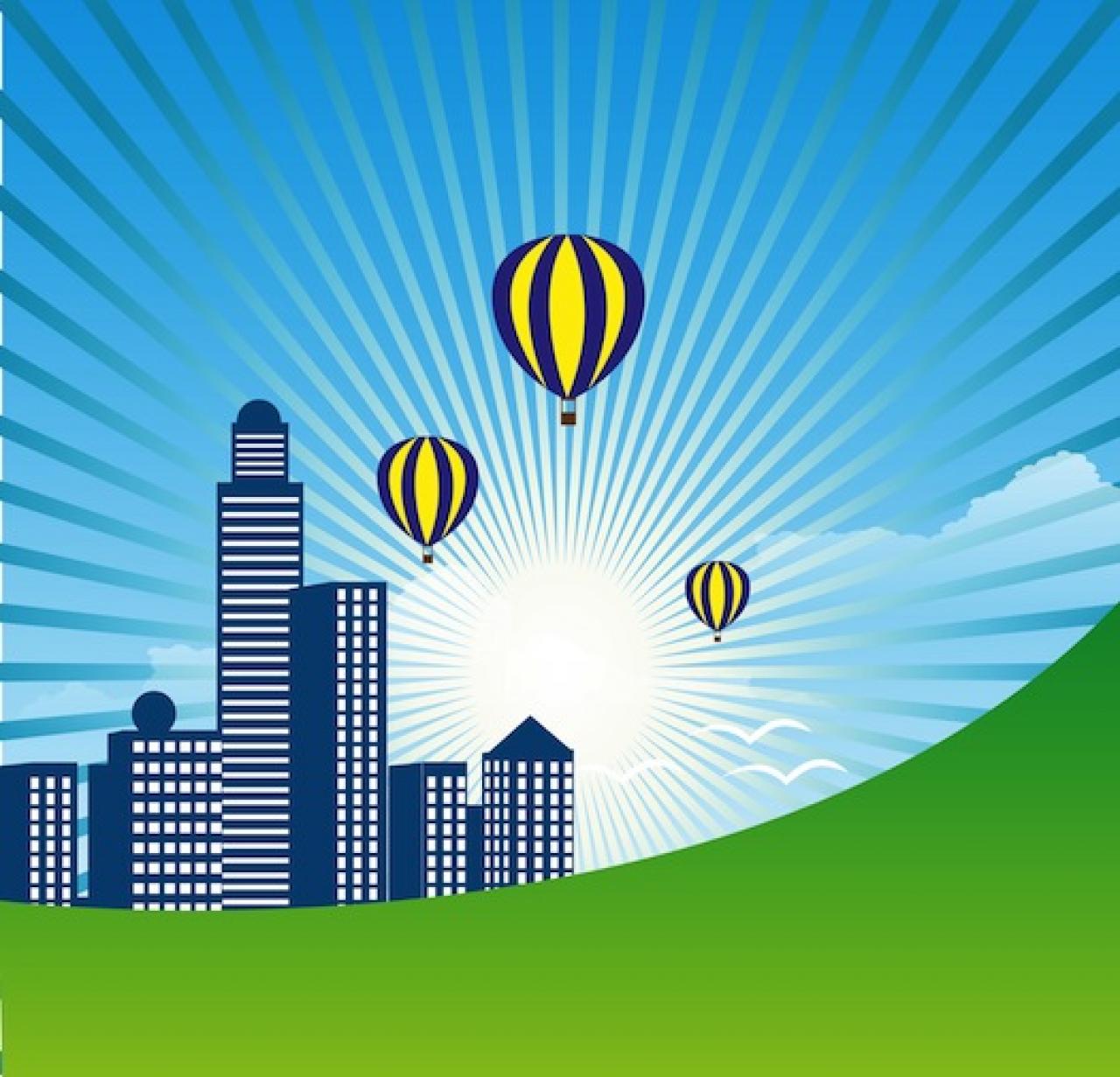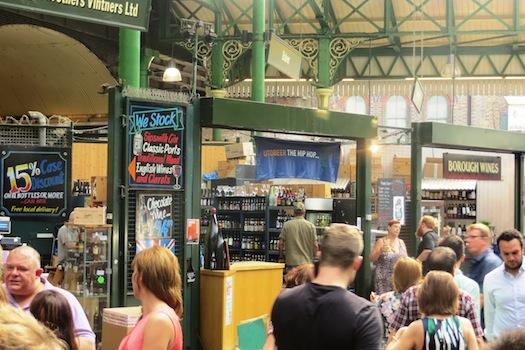
Against the backdrop of climate change, cities are facing increasing environmental challenges that threaten the quality of life and opportunities that urban environments can offer to their residents. Urban food systems can provide methods to help cities to tackle low carbon and resource efficiency through integrated sustainable urban regeneration.
Cities across Europe are beginning to think about the impact of their local policies on food production and consumption. In the built environment the proportion of our energy use accounted for in construction is often overestimated because of the widespread use of production-based statistics that are nationally contained. If instead we look at a consumption-based approach, we get a different picture. The food sector alone accounts for over 30% of global consumer energy demand and produce over 20% of global greenhouse gas emissions (FAO 2011).
The examples of the URBACT networks URBACT Markets and “Sustainable Food in Urban Communities” provide useful ideas of how to use the potential of local small business and community actors across the production and consumption chains to change habits and practices towards more environmental sustainable patterns. If these practices would be taken on by a larger number of cities, the accumulated effect would make a considerable impact a more sustainable urban Europe.
URBACT Markets
London markets improving the role of the food system to introduce low carbon practices.

In London, partner of the URBACT Markets network, a few markets such as Borough market have successfully developed waste strategies, and encourage recycling and composting and reduction of non recyclable / non biodegradable packaging. The London farmers’ markets association adheres to the ‘rules’ set out by the UK Farmers’ Retail and Markets Association, leading to the accreditation of a market as farmer market. One of the criteria is the goods that are sold in farmers markets in London must be raised, grown, produced, gathered, caught, or baked within 100 miles of the M25 (‘the Region’). There are actually 13 accredited farmers’ markets in London.
New Covent Garden Markets (a wholesale market in London) actively look to help people 'back haul' when delivering produce to retail markets. This means that they broker relationships between small producers/ growers and freight delivery companies and promote consolidation of deliveries. NCMA will work with them and map permit data to identify haulers within 10 miles radius and then encourage them to make contact with these haulers. Similarly local street traders that buy regularly from the wholesale market are encouraged to develop a consolidated buying group based on a cluster of local food businesses and then to buy in bulk - thereby achieving better value for money, improving logistics and reducing the number of journeys.
On a much smaller scale, Marky Markets is an individual who takes orders from small food companies and restaurants and then buys from large wholesale markets using public transport and hired electric vehicles. He works out of a pub in Soho, London!
New Covent Garden Market also has a Schools Project to increase young people’s understanding of the food supply chain and give children direct experience of growing food. Working in partnership with Wandsworth Council, it combined farm visits, visits to the wholesale market and a sustainable gardening competition in schools.
Sustainable Food in urban communities:
Developing low-carbon and resource-efficient urban food systems.
Sustainable Food in urban communities URBACT network focuses on developing low-carbon and resource-efficient urban food systems. The urban population tends to be out of touch with agricultural production, and the city food culture increasingly moves towards fast food, processed foods, distributed by large centralised supermarket chains that are not rooted in the life of city neighbourhoods. Many consumers, especially, those with low incomes, eat too little fruit and vegetables because of the cost but also because it is not part of their culture and habits. The current food system cannot meet growing food demand of cities’ sustainably. It results in significant environmental impacts, but also social inequity in terms of access to a balanced and affordable nutritious food in cities. The network focuses on:
- GROWING fruit and vegetable in the city, in gardens, in parks, on rooftops, on balconies, on derelict lands etc., safeguarding & improving fertility of lands;
- DELIVERING food stuffs in a more sustainable and less carbon intensive way;
- ENJOYING more sustainable food (local products, without pesticides, seasonal and fresh products, etc.) while improving diets (reducing the share of animal protein and processed foods), using products that meet environmental and sustainability criteria (certification), and preventing waste (food and its packaging).
Key facts:
- Lead partner: Brussels Capital Region
- Other partner cities : Bristol, Amersfoort, Athens, Messina, Ourense, Oslo, Lyon, Gothenburg, Vaslui
What can we observe?
As we can see from both examples, and in particular, through the case of urban food markets, this field can bring together a variety of environmental interventions at local level while connecting these to wider spatial levels. For example, waste reduction strategies have an impact on cleaner, healthier local environments while contributing to overall waste reduction at urban and regional level. Recycling and composting can achieve similar impacts. Improving logistics through more rational planning of transport of goods to be sold in markets (i.e. consolidation and clustering) can also help reduce traffic and hence improve air and noise quality at local level.
If you want to know more about sustainable regeneration in urban areas, read full article in the![]() the_tribune_2014.pdf and follow the workstream on Twitter @URBACT #SustRegen
the_tribune_2014.pdf and follow the workstream on Twitter @URBACT #SustRegen
Article by Darinka Czschke and Nils Scheffler
Read more:
The URBACT Tribune 2014 – ![]() URBACT publication
URBACT publication
URBACT Capitalisation - URBACT website

